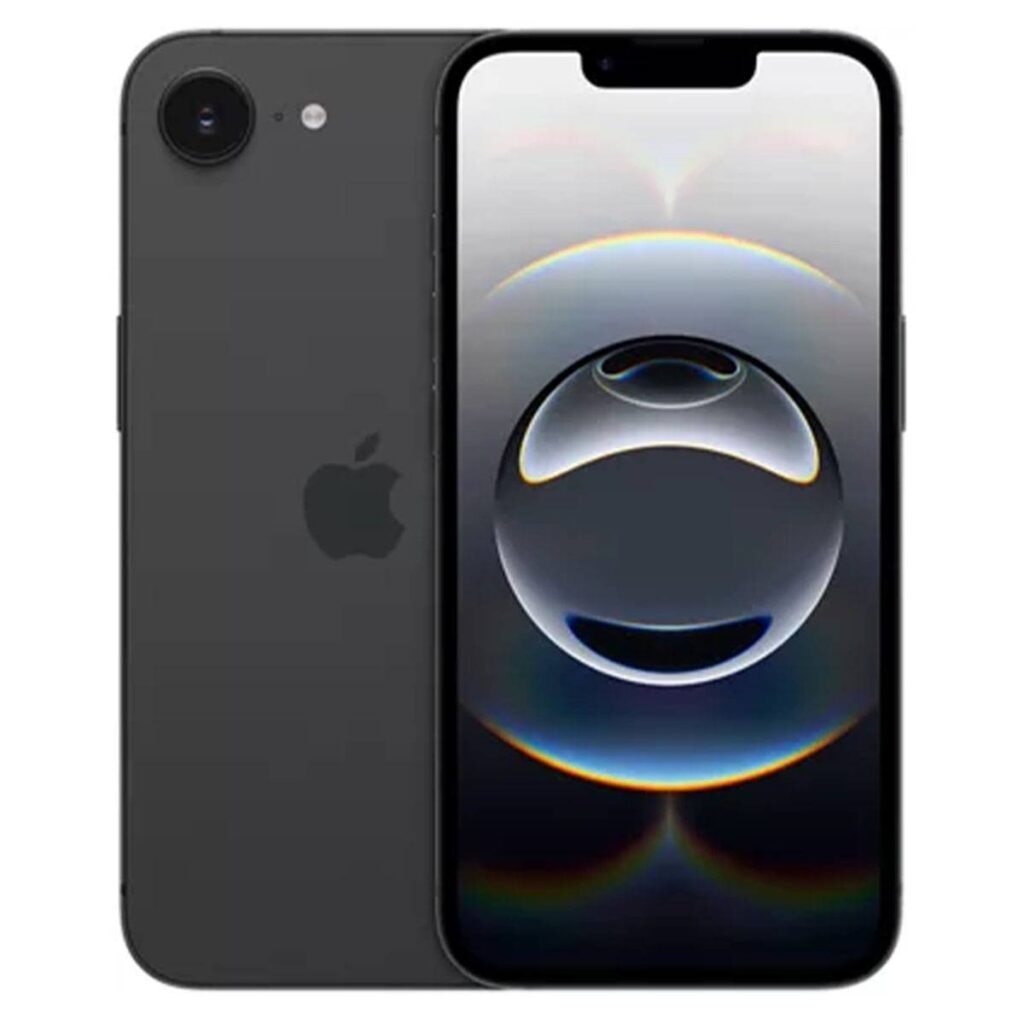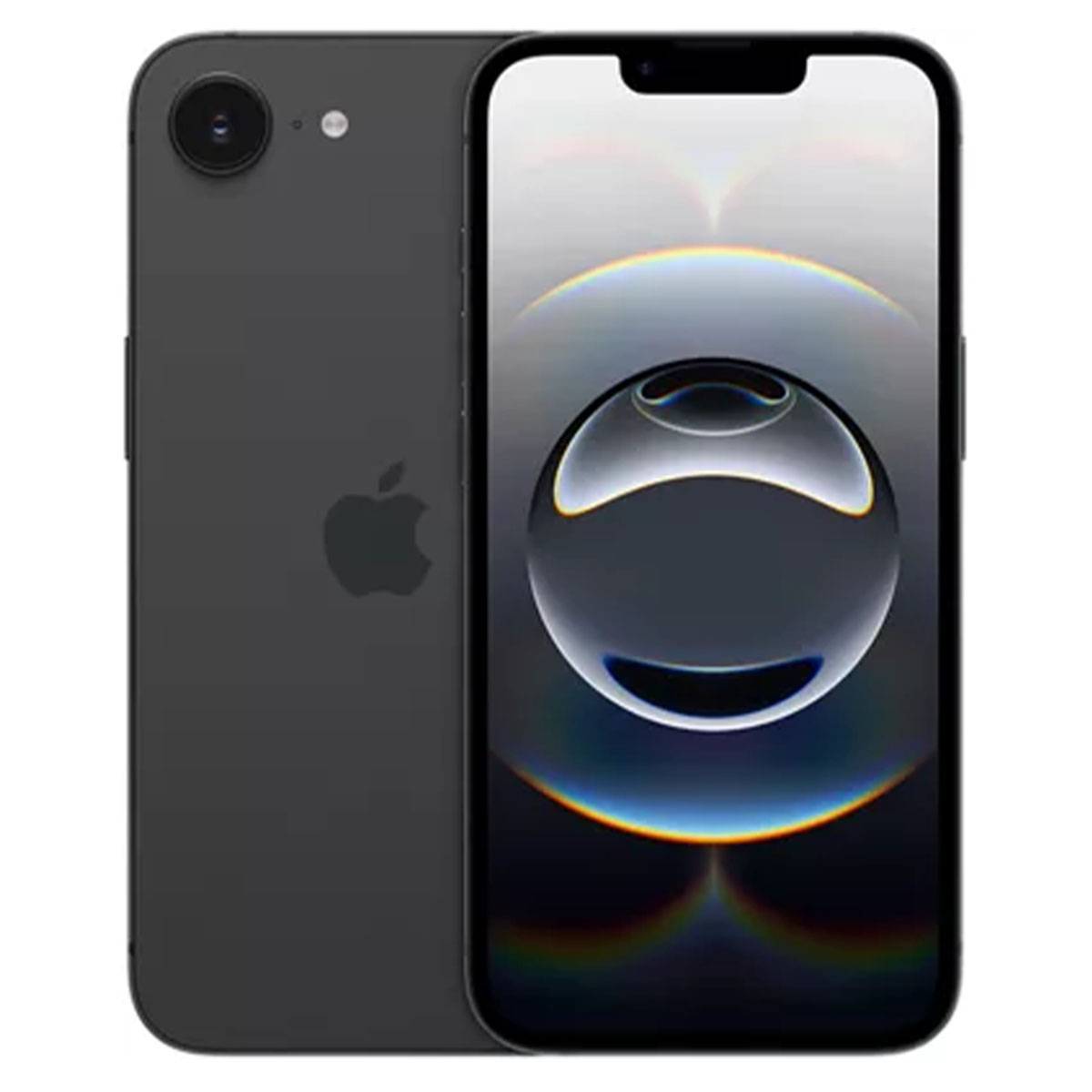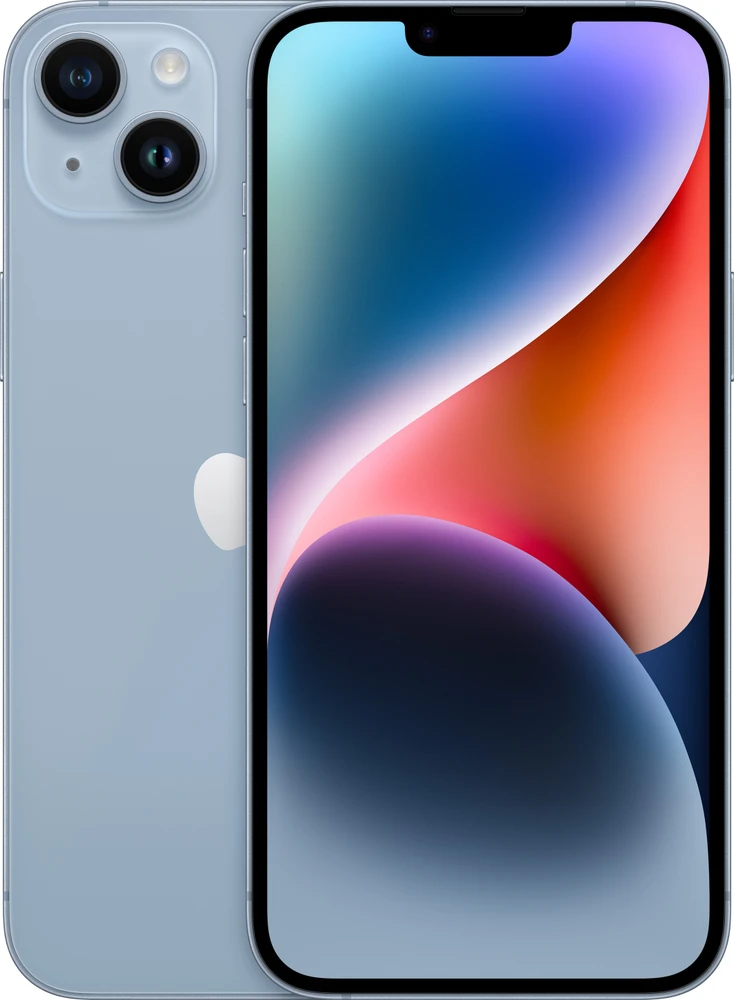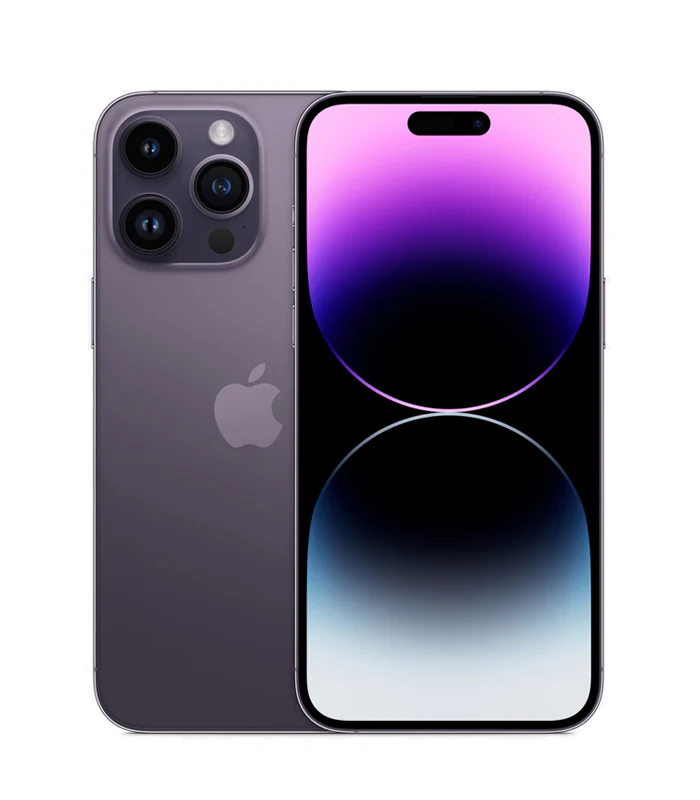
Apple’s iPhone 16e represents an intriguing new direction for the company’s budget lineup in 2025. Positioned as a more affordable alternative to the flagship iPhone 16 series, the 16e aims to deliver core Apple experiences at a competitive price point. But does it succeed? Let’s dive into this comprehensive review.
Key Specifications
- Display: 6.1″ Super Retina XDR OLED (2532×1170), 60Hz refresh rate
- Chipset: Apple A17 Bionic (5nm, 6-core CPU/5-core GPU)
- RAM: 6GB LPDDR5
- Storage: 128GB/256GB (no expandable storage)
- Cameras: Dual 12MP (Main + Ultra Wide)
- Battery: 3,279mAh with 20W wired/15W MagSafe charging
- OS: iOS 19
- Dimensions: 146.7×71.5×7.8mm, 172g
- Colors: Midnight, Starlight, (PRODUCT)RED, Blue
Performance: Surprisingly Capable
The A17 Bionic chip (same as iPhone 15 Pro) delivers excellent performance for the price:
- Handles demanding games like Genshin Impact at medium-high settings
- Smooth multitasking with iOS 19’s improved memory management
- Benchmarks show ~20% better CPU performance than A16 in iPhone 15
However, the 5-core GPU (vs 6-core in flagship models) shows limitations in sustained gaming sessions. Thermal throttling becomes noticeable after 30+ minutes of intensive use.
Design: Familiar Yet Refined
Apple maintains its premium aesthetic even in the budget model:
- Aerospace-grade aluminum frame with color-matched back glass
- Flat-edge design similar to Pro models (but thicker bezels)
- IP67 water resistance (vs IP68 in flagships)
- USB-C port (finally replacing Lightning across the lineup)
The biggest compromise is the 60Hz display when competitors offer 90Hz/120Hz at this price.
Camera Quality: Good, Not Great
The dual-camera system delivers solid results:
- 12MP Main (f/1.6) – Excellent daylight photos, decent low-light
- 12MP Ultra Wide (f/2.4) – Useful for landscapes, but softer details
- Photonic Engine improves computational photography
- 4K30 video recording (no ProRes or Dolby Vision)
Compared to rivals:
- Better color science than Galaxy A55
- Less versatile than Pixel 7a’s computational photography
- No telephoto or macro capabilities
Battery Life: All-Day Performance
- Light use: 1.5 days (7-8 hours screen time)
- Heavy use: Full day (5-6 hours screen time)
- Charging: 20W wired (50% in 30 mins), 15W MagSafe
While not class-leading, it’s reliable for most users. The lack of faster charging (30W+) is disappointing at this price.
Unique Features
✅ iOS 19 with 5+ years of updates
✅ MagSafe compatibility
✅ Improved thermal management
✅ USB-C with faster data transfer
❌ No Always-On Display
❌ Single speaker (no stereo)
❌ No mmWave 5G support
Value & Competition
At $599 (128GB), it faces stiff competition:
| Device | Pros | Cons |
|---|---|---|
| Pixel 8a | Better cameras, 90Hz display | Slower chip, weaker build |
| Galaxy A55 | 120Hz AMOLED, expandable storage | Slower updates, bloatware |
| iPhone 15 | Better resale value, A16 chip | Older model, similar price |
Who Should Buy It?
- iOS loyalists wanting a new phone under $600
- Students needing reliable performance
- Upgraders from iPhone 11/12 series
Who Should Skip It?
- Photography enthusiasts (get Pixel 8a)
- Gamers wanting 90Hz+ displays
- Those needing long battery life (Galaxy A55 lasts longer)
Final Verdict: A Calculated Compromise
✅ Pros: Premium build, excellent chip, iOS longevity, USB-C
❌ Cons: 60Hz display, mediocre charging, camera limitations
Rating: 4/5 ★★★★☆
Best for: Budget-conscious buyers who prioritize Apple’s ecosystem over cutting-edge specs.
The iPhone 16e makes smart compromises to hit its price point. While Android alternatives offer better specs on paper, Apple’s tight integration of hardware and software makes this the best budget iPhone yet. However, if you can stretch your budget, the standard iPhone 16 offers meaningful upgrades for just $200 more.
Alternatives to Consider:
- iPhone 15 (refurbished) – Better value if you find deals
- Pixel 8a – Best camera under $500
- Galaxy A55 – Best display in class



